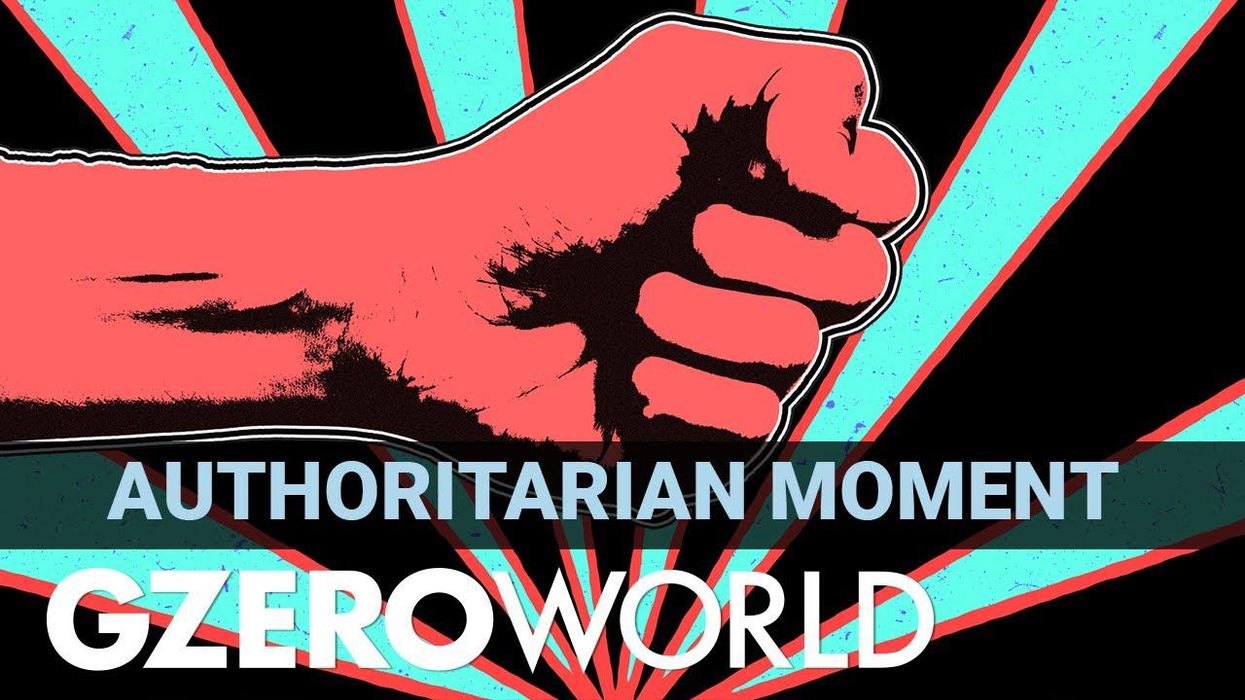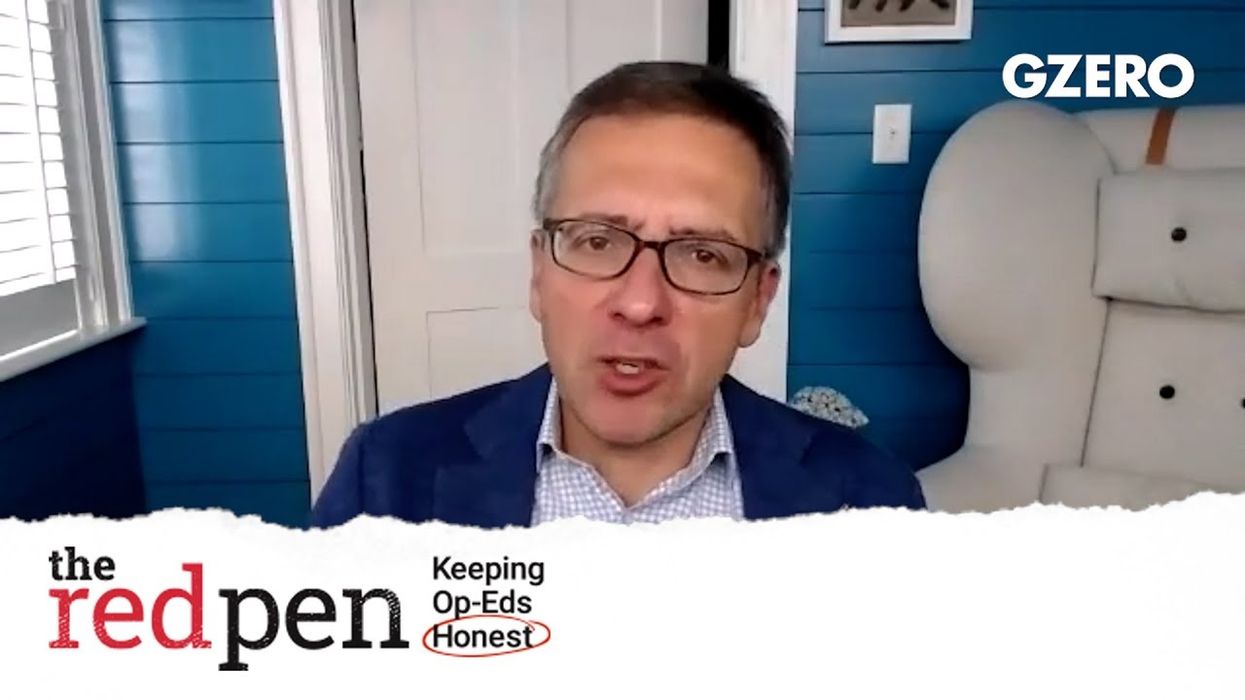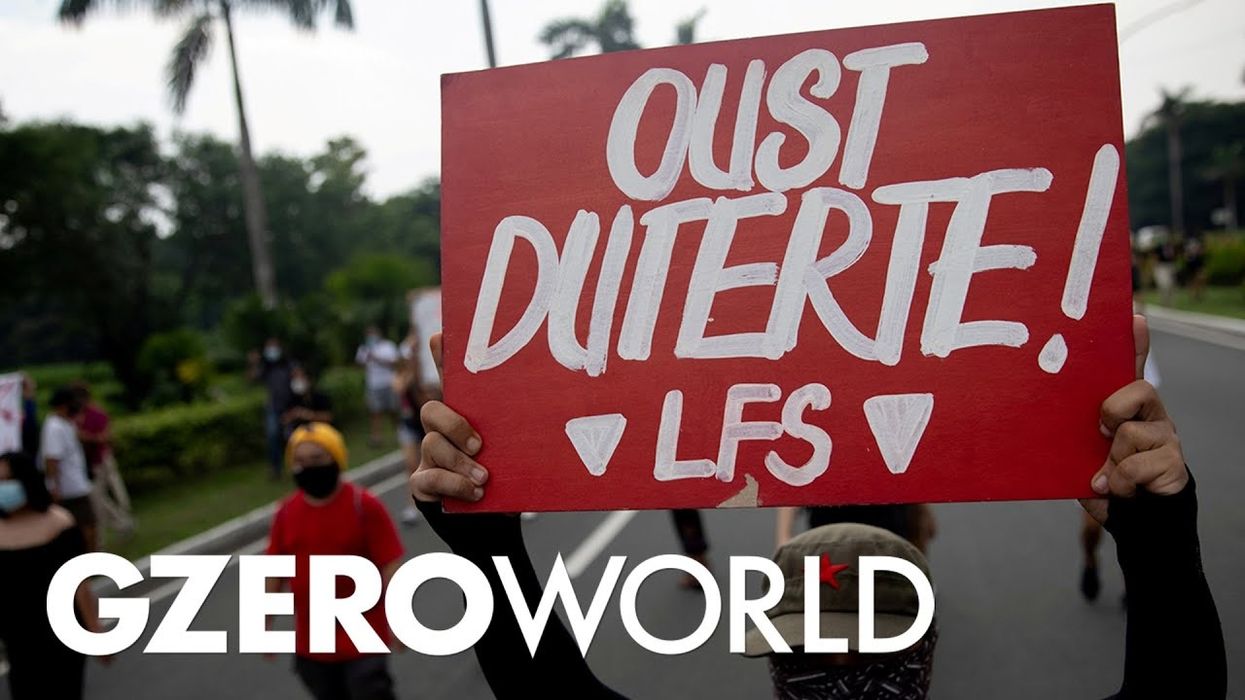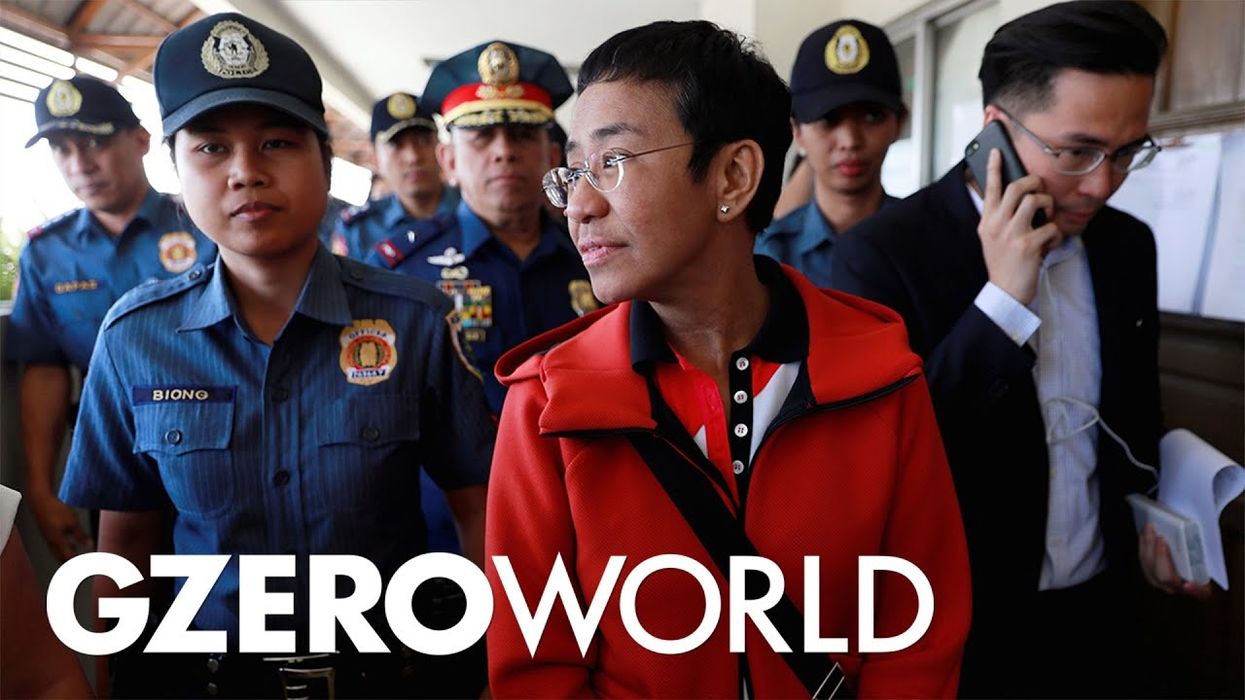GZERO World Clips
Authoritarians having a moment
After Russia's invasion of Ukraine, much of the world may be running away from Vladimir Putin right now — but they’re not running toward the US, Ian Bremmer explains on GZERO World. In fact, the greatest export from Russia and China is something that can’t be stopped by sanctions: authoritarianism and disillusionment with Western political systems.
Apr 07, 2022




